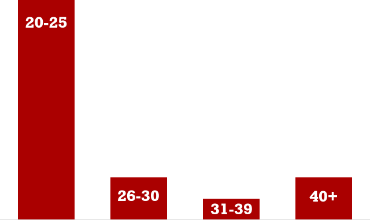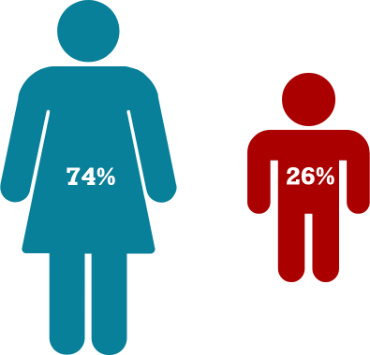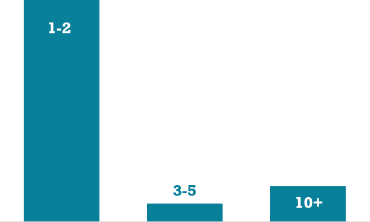Age range

Gender distribution

Years work experience

Where they're from


Majority of Albers' Master's in Accounting students are in the MSAA program, pursuing their grad degrees fresh out of their undergrad accounting studies. The reason: To be CPA eligible, students must have 225 quarter hours. Undergrad Accounting offers 180 quarter credits while the Master's program provides 45 quarter credits.
The rest of our students are in the MPAC program and are seeking a solid accounting education that will provide them a pathway to CPA eligibility for these individuals, as well as opportunities in professional growth to take them to the next level of their careers.





On successful completion of this program, you will be able to:
| Company | Title |
|---|---|
| Deloitte | Tax Consultant |
| PwC | Risk Assurance Associate |
| Tableau | Senior Business Analyst |
| KPMG | Valuation and Transfer Pricing Manager |
| Bader Martin | Accounting and Assurance Practice Manager |